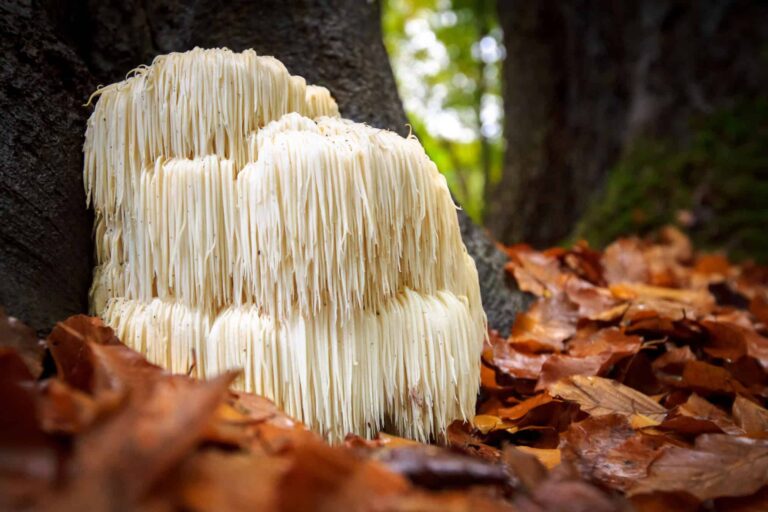
The Psychedelic Renaissance: A Call to Action
In recent years, a psychedelic renaissance has unfolded, challenging societal stigmas and sparking a reevaluation of the therapeutic potential of psychedelics. As research unveils their positive impact on mental health, advocates and activists have stepped into the spotlight, becoming champions for legal reforms that align with the evolving understanding of these substances.
1. Destigmatizing Psychedelics:
2. Highlighting Therapeutic Potential:
3. Decriminalization and Legalization Initiatives:
4. Patient Advocacy:
Challenges and Resistance:
Despite the growing momentum, psychedelic advocacy faces formidable challenges. Legal frameworks, ingrained cultural attitudes, and concerns about misuse contribute to resistance. Advocates navigate a complex landscape, often contending with skepticism, fear, and the need to reconcile longstanding biases.
Triumphs and Milestones:
In the face of challenges, the psychedelic advocacy movement has achieved notable triumphs. Cities like Denver and Oakland have successfully passed measures decriminalizing the use of certain psychedelics. Additionally, research institutions and universities are establishing centers dedicated to psychedelic studies, signaling a shift in the academic landscape.
The Global Landscape: Diverse Approaches and Perspectives
The call for psychedelic legal reforms echoes across the globe, with diverse approaches and perspectives shaping the movement. Some countries, like Portugal and the Netherlands, have embraced progressive measures such as decriminalization and regulated access. Others are cautiously exploring the therapeutic potential of psychedelics through carefully controlled research.
The Future of Psychedelic Advocacy: A Collective Journey
As we look toward the future, the landscape of psychedelic advocacy appears dynamic and promising. The movement is a collective journey, inviting individuals from diverse backgrounds, disciplines, and perspectives to contribute to a shared vision of responsible, informed, and compassionate psychedelic use.
Advocates continue to build bridges between science, spirituality, and policy, striving for a legal framework that acknowledges the therapeutic potential of psychedelics while prioritizing safety and responsible use. By fostering open dialogue, challenging stigma, and pushing for legislative changes, psychedelic advocacy emerges as a force for positive transformation in mental health and consciousness exploration.
In conclusion, the advocacy and activism surrounding psychedelic legal reforms represent a vital force propelling the psychedelic renaissance forward. As the movement gains traction, it sparks conversations, challenges societal norms, and lays the groundwork for a more enlightened and compassionate approach to psychedelics. The journey is ongoing, and every voice in this chorus of change contributes to a harmonious future where the potential of psychedelics can be explored with respect, understanding, and legal recognition.
COPYRIGHT © 2023 · MADE WITH LOVE IN COLORADO. ALL RIGHTS RESERVED.